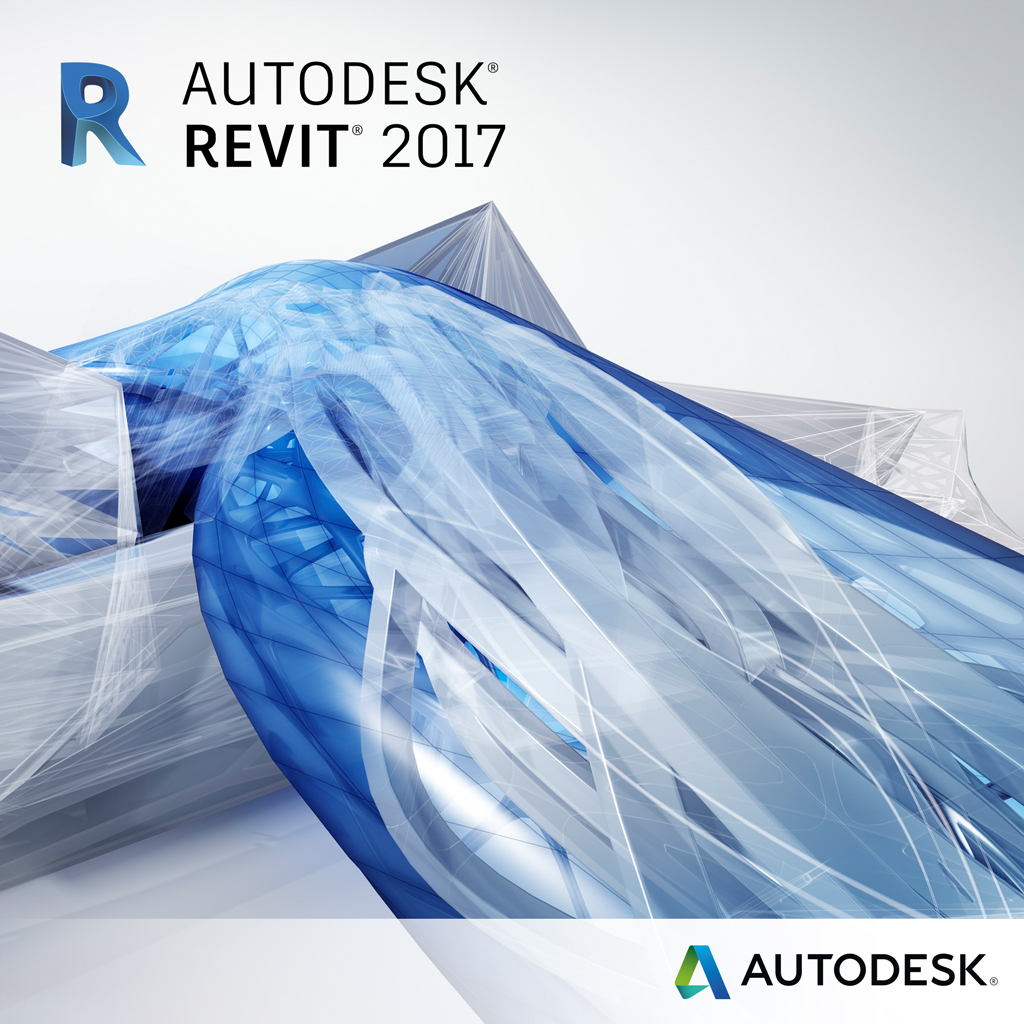
We've seen users use Revit on water treatment and other such project types, and was part of the impetus behind this functionality. It is not uncommon to see our users pushing our products beyond their intended / target usage.


These drawings are synced to a BIM 360 Team project folder using the Collaboration functionality within Plant 3D 2018. The Plant 3D users produce the P&ID drawings. Both the Plant 3D and Revit users are working in a shared BIM 360 Team project. In the typical workflow for this functionality, a team will have some members working in Plant 3D, and some working in Revit. Note that use of the Revit P&ID Modeler functionality requires a subscription to Autodesk Collaboration for Revit (which includes BIM 360 Team). This helps ensure consistency between the schematic and the model, minimizes manual data entry and input errors, and helps visualize model creation progress. This enables collaboration between project team members, and facilitates the model creation process by leveraging information captured at earlier design stages.

P&ID Modeler connects Revit to P&ID drawings authored with the new Plant 3D 2018 collaboration capabilities powered by BIM 360 Team. The general goal of this feature set is to provide a simplified workflow of generating a model in Revit from a schematic authored with Plant 3D’s P&ID capabilities. Revit P&ID Modeler helps you model piping faster and more efficiently using P&IDs (piping and instrumentation diagrams) from a Plant 3D Collaboration project directly within Revit.Ī common request from our customers across the building and industrial industry has been to have an intelligent connection between their Revit models and a schematic, or P&ID. We are pleased to announce the release of Revit P&ID Modeler for Revit 2018.1.


 0 kommentar(er)
0 kommentar(er)
